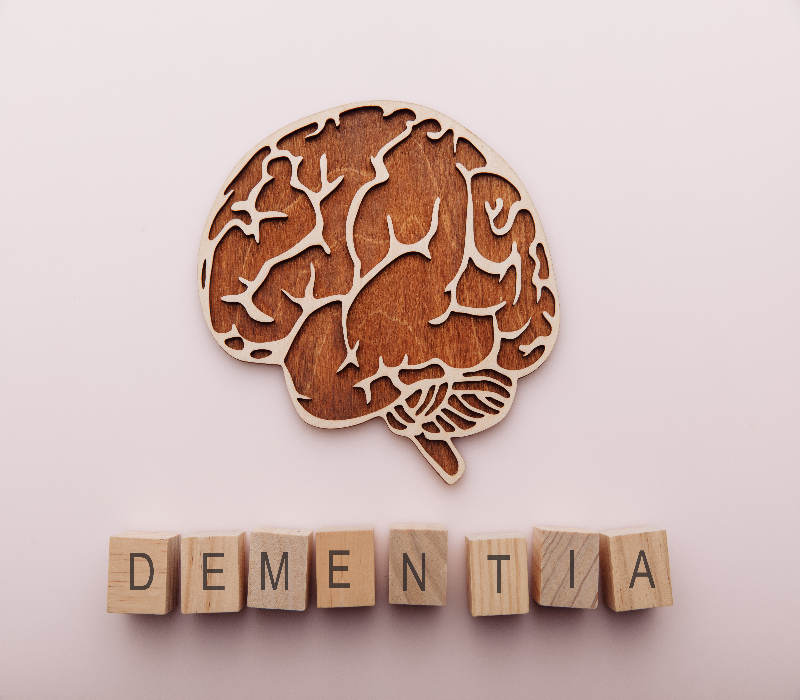
Dementia is not a specific disease on its own. It is a combination of signs and symptoms. Which by definition makes it a syndrome. Made up of different diseases which share similar signs and symptoms. It broadly involves declining cognitive functions (ability to process thought, to think, to remember things, and to reason).
Dementia affects behavioral abilities and physical strength to such a degree that the daily activities of the affected person are hampered. The affected person progressively needs help to navigate through their daily essential activities such as bathing, eating, dressing, and using the toilet.
Dementia is a major health problem
Around 50 million people globally have dementia. While a proportion of the sufferers are elderly people who live up to 80 years. It is not a disease exclusive to old age. Some forms of dementia such as (frontotemporal dementia) can occur in people below 60 years old. Also, a significant percentage of people live to be 90 years without developing signs and symptoms of dementia.
Different diseases fall under the syndrome of dementia. These include Alzheimer’s disease, Parkinson’s disease, Huntington’s disease, frontotemporal dementia (FTD), vascular dementia, Lewy body dementia, and mixed dementia (when more than one form occurs in a single individual).
Heavy alcohol consumption over a long period of time can cause brain damage that results in dementia. As a nurse, I have cared for people in their 50’s with dementia related to heavy alcohol use. They needed 24-hour care and supervision.
Is dementia the same as Alzheimer’s disease?
As has been stated above, Alzheimer’s disease is one of the different disease entities that fall under the syndrome of dementia. It is a neurodegenerative disease of the brain that progressively destroys the neurons and nerve connections of the brain, giving rise to the impairment of cognitive functions and memory. Alzheimer’s disease is the most common reason a person gets dementia, accounting for about 50 to 70% of dementia cases.
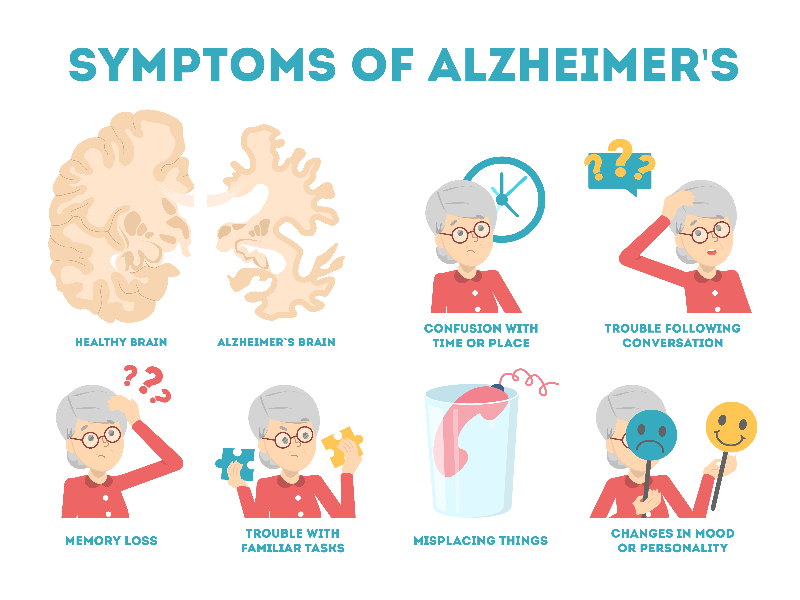
What are the different stages of dementia?
The signs and symptoms associated with dementia can be discussed in three stages:
Early-stage: this stage is often not noticed because its onset is insidious. The common symptoms and signs include:
- Forgetfulness
- Inability to keep track of time
- Getting lost in usually familiar environments.
There are little to no obvious symptoms of dementia at this stage, although computed tomography scans may pick up early features of degenerative disorders of the brain. The symptoms of the early stage are not appreciably restricting, and the individual could still function independently of others.
Middle stage: at this stage, the symptoms are increasingly becoming obvious such that they restrict or hamper certain aspects of the individual’s life. The symptoms and signs become clearer at this stage. They include:
- Forgetfulness of current events and usually familiar names of friends and family.
- Increasing difficulty with holding conversations and communicating with people.
- Increasing dependence on other people for personal care.
- Getting lost at home and usually in familiar settings.
- Behavioral changes might include asking questions repeatedly in an unusual way. Wandering even at night may become a safety issue. Some products can help you keep your loved one safe like this exit door alarm. There are also programs with technology to help locate a loved one that has wandered off, such as this one.
Being a caregiver for someone with dementia can be very challenging. It can be mentally and emotionally exhausting, even more so when it is your loved one. If you are caring for someone with dementia you owe it to yourself to check out this website https://teepasnow.com/. Teepa Snow is an expert in the changes that happen to a person with dementia. She has many techniques that help decrease challenging situations and behaviors. Don’t leave yet! I have more information for you.
 • The late-stage: at the late stage, the individual becomes totally dependent on others and inactive. There is severe cognitive and memory impairment. Also, the physical signs that are typical of dementia become clear. The symptoms include:
• The late-stage: at the late stage, the individual becomes totally dependent on others and inactive. There is severe cognitive and memory impairment. Also, the physical signs that are typical of dementia become clear. The symptoms include:
- Difficulty with ambulation.
- Increasing disorientation of time, person, and place.
- Increasing inability to care for self and complete dependence on other people for daily routines like bathing and eating.
- Behavioral changes become more restricting and severe and patients could become aggressive and hostile at times.
- Activities such as undressing and bathing may induce fear and the individual may act out physically (hitting, scratching, and biting).
- Complete inability to recognize relatives and friends.
- Increased difficulty with chewing and swallowing occurs.
Frequently with late-stage dementia, it is the difficulty with swallowing that causes food and liquids to get into the individual’s lungs. This leads to a form of pneumonia called “aspiration pneumonia.” The individual with dementia loses their ability to swallow and never regains it. So even when aspiration pneumonia is treated with an antibiotic it is only a matter of time until it develops again. This is most often what ends the person’s life who has dementia. Our bodies are not made to last forever and they eventually will shut down.
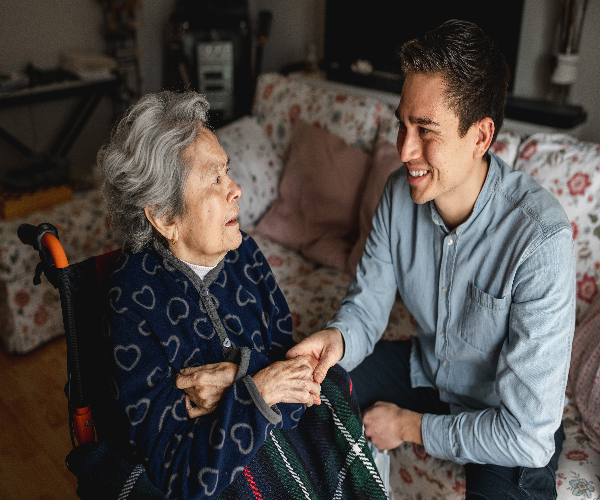
Is dementia hereditary?
The good news is that although very small forms of dementia have been found to have a strong genetic predisposition. The most common forms of the disease are not inherited. This means that in a group of people who have dementia. Only a small proportion of them may pass down the disease to their children. The few forms of hereditary dementia include:
- Frontotemporal dementia (FTD): this form of dementia is comparatively rare. Of the two major forms of FTDs, the type that affects the individual’s behavior is more likely to be inherited than the type that presents with difficulty with communication, which is only inherited in very rare cases.
- Young-onset familial Alzheimer’s disease: although most cases of Alzheimer’s disease present in old age, a small percentage of cases termed ‘young-onset Alzheimer’s present at much earlier years, like the 50s and 60s.
- Huntington’s disease: this form can develop at any age. However, it is most common around the 30s and 40s. The juvenile form of Huntington’s usually appears in the 20s. In most cases, there is a deterioration of movement ability.
- Other forms of dementia – Alzheimer’s and vascular dementia: these forms are not typically inherited although the possible underlying and predisposing disease (e.g. hypertension and diabetes mellitus) could have a genetic predisposition.
In whichever form the disease presents, it often creates anxiety in the individual. Therefore, it is imperative to seek specialist care early.
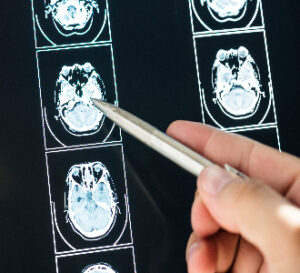
How is dementia diagnosed?
To diagnose dementia, the physician tries to uncover any underlying disease conditions such as hypertension, vitamin deficiencies, thyroid diseases, and tumors that could predispose to dementia. This is important as such diseases could be treated and in the process, the dementia symptoms could resolve.
It is noteworthy to remember that for most dementias, a definitive diagnosis is only made on autopsy.
Medical assessment: the doctor asks about the individual’s family history. How and when the symptoms began, and any behavioral aspect to the disease. What medications that the person is taking at the time of medical assessment.
Physical examination: vital signs like blood pressure might help to point to a possible underlying condition like hypertension.
Neurological test: the individual’s balance, reflexes, sensory response, and cognitive functions are measured to help to uncover the conditions that could be leading to dementia.
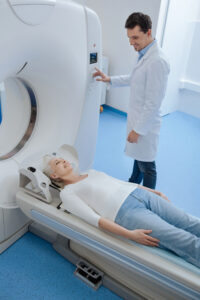
Investigation to aid diagnosis
- Laboratory tests: this includes hormonal assays, chemistry tests like liver function tests, serum electrolytes, calcium, and urea. Also, vitamin concentrations are often measured to rule out any deficiencies.
- Radiological scans of the brain: underlying causes like strokes, tumors, and hydrocephalus can be seen in radiological studies like the CT scan, MRI and PET.
- Cognitive function tests: these tests involve testing of memory, mathematical skills, ability to solve simple tasks, and ability to reason solutions to problems.
- Psychiatric assessment: this will help to expose predisposing and confounding conditions like severe depression and any other mental health challenges the patient might have.
- Genetic studies: since some of these dementias are hereditary, certain genetic tests will help to determine the genes affected.
Proper diagnosis aids to target a specific treatment even though most dementias do not have a definitive cure. Some can resolve when the underlying predisposing condition is treated. However, an effort to try to prevent the disease condition before its onset is always the best approach if possible.

Prevention of dementia
A healthy eating habit and lifestyle can go a long way in preventing the onset of various disease conditions like hypertension and diabetes mellitus that could predispose an individual to dementia. Such lifestyle measures include:
1. Regular exercise.
2. Avoid smoking, alcohol, illicit drugs, and abuse of prescription drugs.
3. Healthy eating like fruits, vegetables, proteins, and low cholesterol diets.
4. Control of body weight to avoid obesity, hypertension, and diabetes.
5. Regular visits to the doctor especially when the early symptoms of dementia and comorbidities like depression are noticed.
6. Exercise of the mind like solving puzzles, brain games , reading books, or play chess, etc.
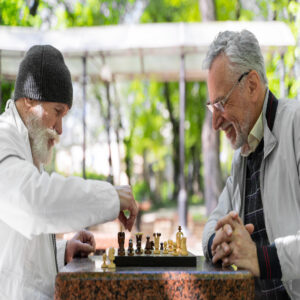
Conclusion
Dementia is a neurodegenerative disease that arises from damage to the brain areas that regulate the individual’s cognitive, behavioral, and physical abilities. It is a syndrome of symptoms and signs shared by a closely related group of diseases. Diagnosis is conclusively made only at autopsy for various types but the clinical features which fall under three stages can be used to predict the occurrence of the disease. There is no definitive cure yet, but a healthy diet and other lifestyle modifications may help prevent the occurrence of dementia and the disease conditions that are predisposed to it. In the final act.
Lovingly embrace the time that you have with your loved one. Even though some of those times may be challenging. Reaching out for help and support when faced with the challenges of caring for a loved one is important. Join a support group. Make memories and enjoy life the best that you can. It is an act of love to let go. Near the end of life, it is part of the normal dying process that an individual will stop eating and drinking. The organs and the body are shutting down. Tube feedings and IV fluids will not change the outcome, just put it off for a short while. Letting the person pass naturally is a compassionate and loving thing to do. It is so hard for us to think about death being a natural part of the life cycle. Just as much as being born is.

